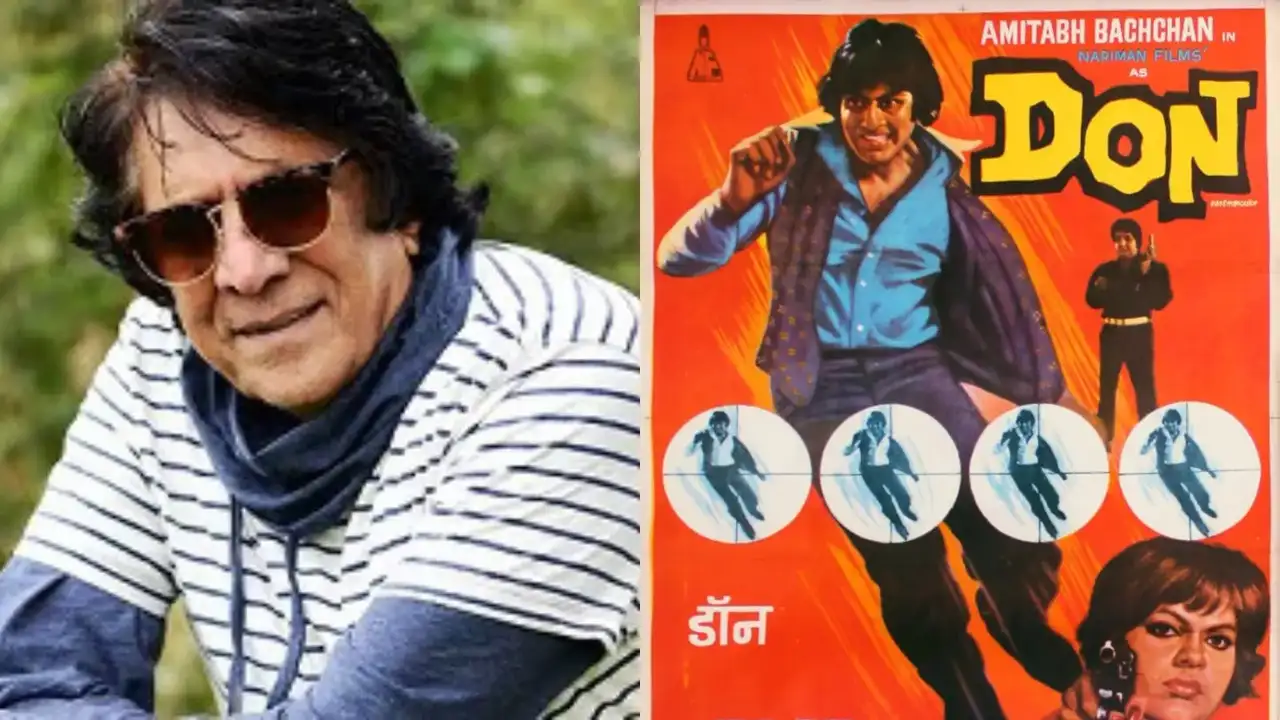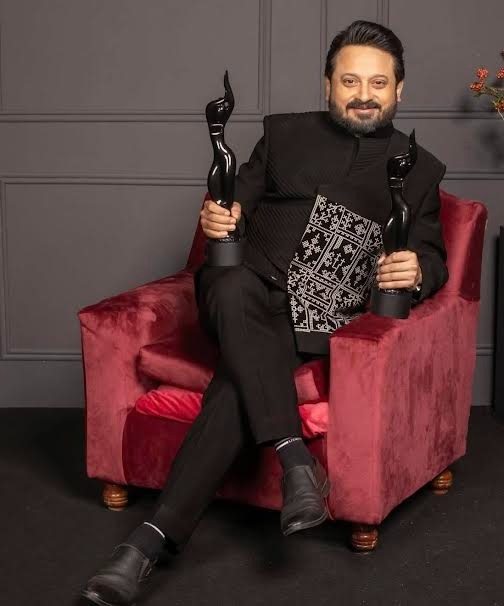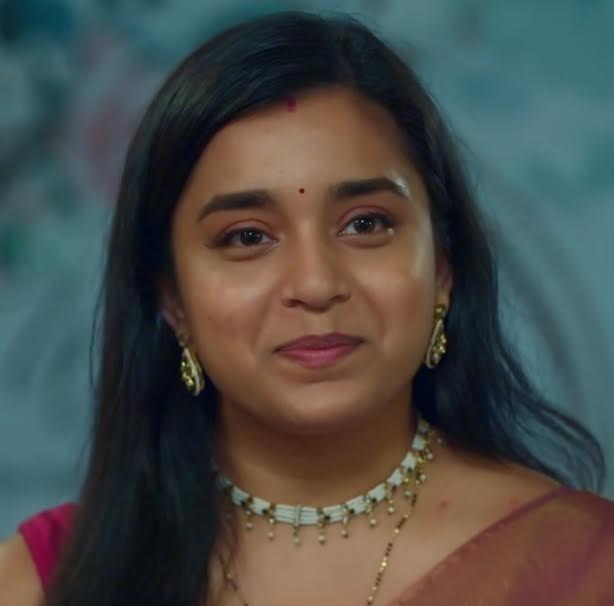Mumbai: Chandra Barot, the reclusive auteur behind one of Indian cinema’s most iconic thrillers, Don (1978), passed away peacefully on July 20, 2025, in Mumbai. He was 86. A soft-spoken maverick whose lone masterpiece redefined the action genre, Barot’s demise signals more than the loss of a filmmaker—it marks the fading out of a bygone era when stories were crafted with soul, not spreadsheets.
Confirmed by his wife Deepa Barot, his death came after a long and brave seven-year battle with pulmonary fibrosis. Barot breathed his last at Guru Nanak Hospital in Bandra under the care of Dr. Manish Shetty, after earlier treatments at Jaslok Hospital. Though he kept a low profile for decades, his singular cinematic contribution ensured that his name would forever echo in the annals of Hindi film history.
The Making of a Reluctant Filmmaker
Born in 1939 and raised in Dar-es-Salaam, Tanzania, Barot’s life began far from the limelight. A career at Barclays Bank seemed to be his destiny until the racial tremors of the 1960s drove him back to India. It was there that fate introduced him to Manoj Kumar—an association that would prove transformative. As an assistant on patriotic sagas like Purab Aur Pachhim, Yaadgaar, and Roti Kapada Aur Makaan, Barot didn’t just learn the ropes—he absorbed the grammar of popular cinema from the ground up.
Yet, it wasn’t ambition that pushed him to direct Don. It was loyalty. His close friend and collaborator, Nariman Irani, was teetering on the edge of financial ruin after the commercial failure of Zindagi Zindagi (1972). To help, Barot agreed to helm a film on a modest budget, with Irani serving as producer and cinematographer. That film became Don—a slick, suspense-filled tale of crime, identity, and redemption, stitched together with unforgettable music, punchy dialogue, and a career-defining performance by Amitabh Bachchan.
“Don ko pakadna…”
Few knew then that Don, released in 1978, would transcend its lukewarm box office opening to become a cult phenomenon. “Don ko pakadna mushkil hi nahi, namumkin hai”—the now-legendary line—entered popular culture and never left. The film’s narrative twists, Bachchan’s double role, and Kalyanji-Anandji’s electrifying score turned it into a sleeper hit, gaining momentum through word of mouth. By the time it left theaters, it had repaid Irani’s debts and secured Barot’s accidental but undeniable place in film history.
But fate, again, had other plans. Irani tragically died in a freak accident shortly after the film’s release, and Barot never directed a film of the same scale again.
One-Hit Wonder or Understated Trailblazer?
Barot’s subsequent films—Pyar Bhara Dil (1991) and the Bengali-language Aashrita (1989), which quietly grossed ₹3 crore—failed to recreate the magic. His ambitious scripts—Boss, Neil Ko Pakadna… Impossible, Hong Kong Wali Script—never saw the light of day, shelved due to financing issues or changing industry tides. For some, he became Bollywood’s “one-hit wonder.” For others, he was an underrated craftsman lost in the cacophony of commercial cinema.
Yet Don refused to fade. Farhan Akhtar’s 2006 remake, starring Shah Rukh Khan, revived the brand for a new generation. The film’s success reaffirmed the timelessness of the original, with Akhtar publicly acknowledging Barot’s vision. A third installment, set to feature Ranveer Singh, now carries a bittersweet weight—the torchbearer of a franchise whose originator won’t be around to witness its latest avatar.

A Quiet Legacy
Despite Don’s enduring fame, Barot remained a man of remarkable humility. He shunned the spotlight, rarely gave interviews, and lived without the flamboyance often associated with filmmakers. Deepa Barot, his wife and steadfast companion, was by his side throughout his illness, embodying the quiet dignity that defined their life together.
The tributes following his death were poignant and widespread. Farhan Akhtar posted, “You gave us the original cool. Thank you for Don, for inspiration, and for style that never aged.” Amitabh Bachchan, who owes a critical chapter of his career to Barot, called him “a director who saw what others didn’t.”
Fans took to social media platform X (formerly Twitter) to celebrate his work, sharing vintage posters, trivia, and stills from Don. Many acknowledged the irony of a filmmaker whose name was lesser known than his film’s title character—a shadow director whose creation became immortal.
The Final Scene
Chandra Barot’s funeral arrangements are underway, with the family requesting privacy. He is survived by Deepa and a legacy that rests not on quantity, but on cultural resonance. In a world of fleeting fame and formulaic franchises, Barot’s Don remains an artifact of originality—a film that married storytelling with swagger, simplicity with suspense.
In an industry obsessed with reinvention, Barot never tried to top Don. He didn’t have to. His work had already entered the bloodstream of Bollywood. And as long as antiheroes strut to disco beats, and double roles keep us guessing, the spirit of Don—and the man who gave him life—will never be too far away.
Chandra Barot may have made just one classic, but in doing so, he gave Indian cinema something truly rare: a character, a film, and a legacy that refuses to die.










